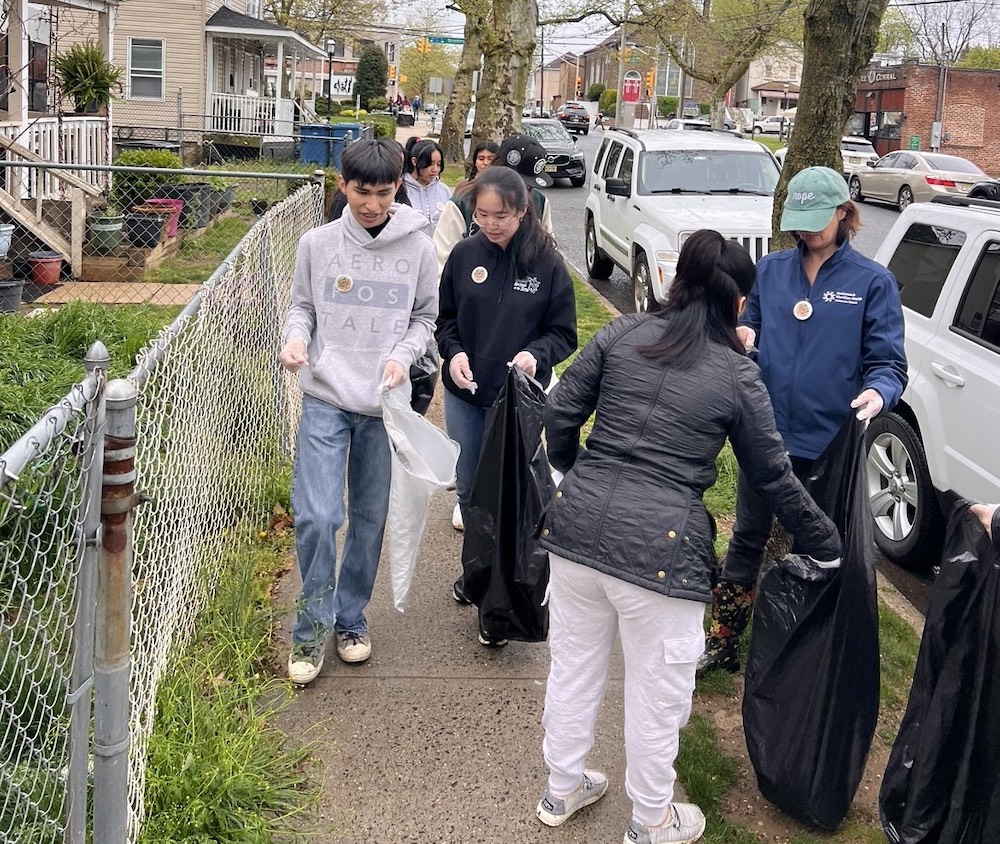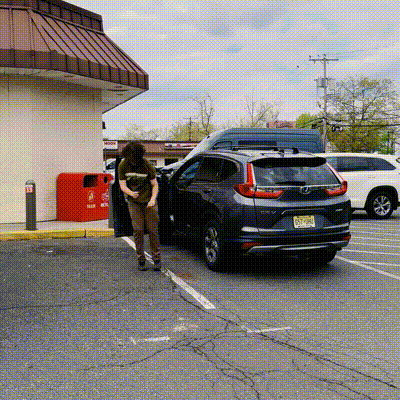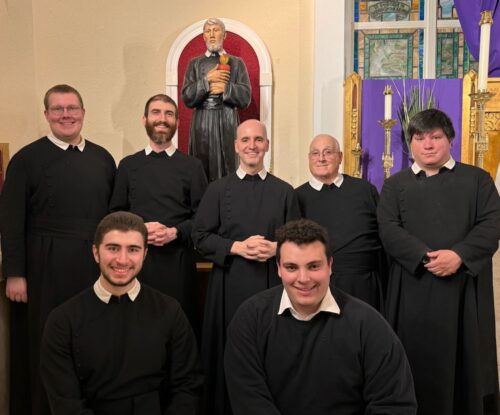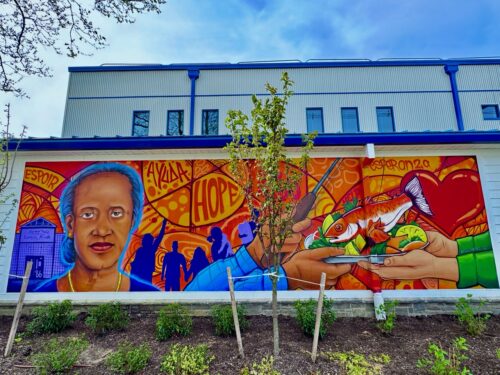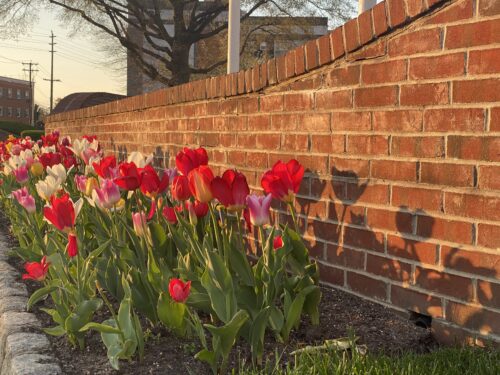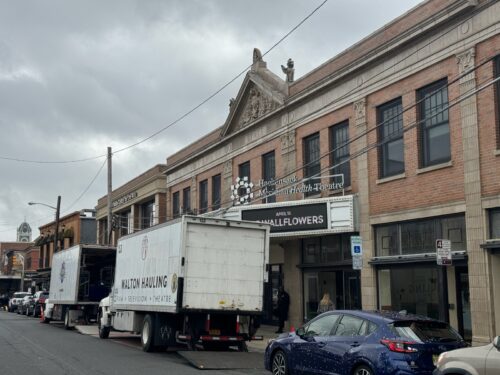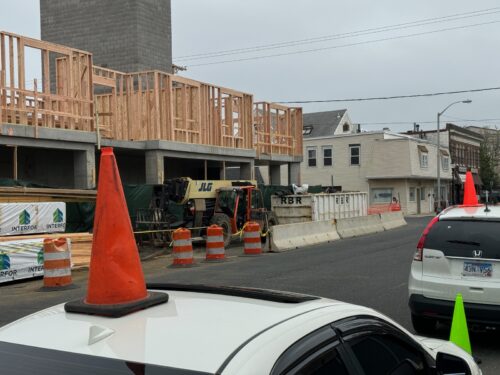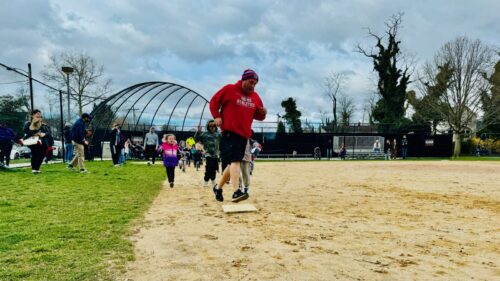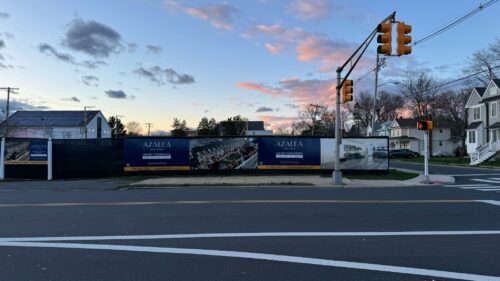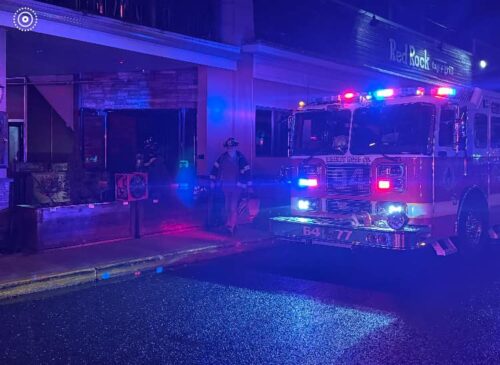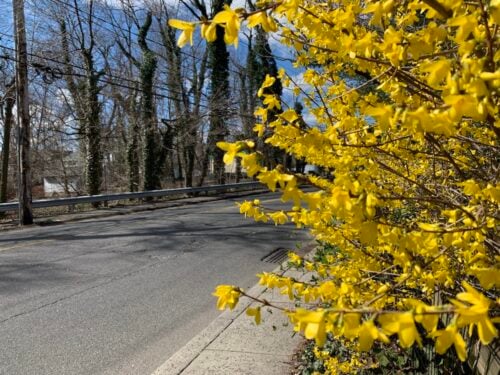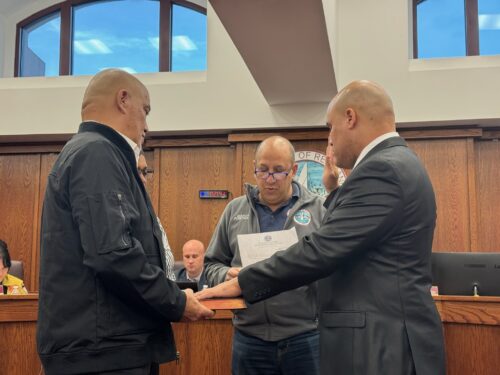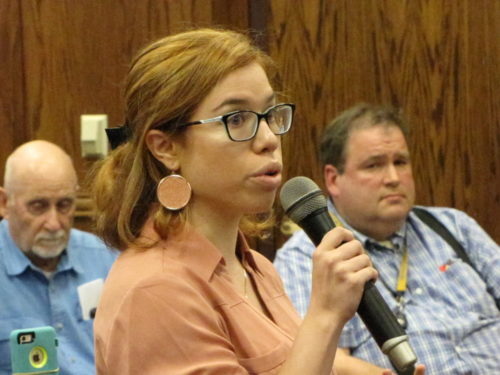
By JOHN T. WARD

A watered-down version of it, that is.

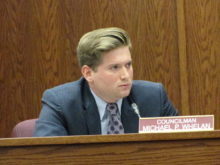
Advocates referred to it as the “welcoming and inclusive community” resolution, while many commenters have characterized it — wrongly, all on the council agreed — as akin to a “sanctuary city” declaration.
Whatever it was, it was not the same document that drew hundreds of pro- and anti-immigrant protestors to a packed HRAC meeting six weeks earlier. But it generated a similar level of passion.
Prior to Wednesday night’s vote, and without public notice, the proposed statement had been stripped of the suggestion by HRAC that the borough oppose “any forced collaboration” between borough police and federal authorities when it comes to enforcing immigration law.
Also removed was a call for borough officials to “monitor and challenge” any costs arising from federal efforts to find and deport undocumented aliens, with an eye toward being reimbursed.
What remained was a statement of principles that champions diversity and says that “the targeting of undocumented immigrants undermines our democracy and degrades our common humanity,” according to a version Menna read into the record.
Here’s the full text of the resolution, which was not available to the public until late Thursday morning.
In response to questions from an audience member, Menna said the changes had been made at the suggestion of the borough attorney.
“Under the advice of counsel, we took a look at it and sort of tailored it, but it has the same intent,” he said. The HRAC version would have imposed “reporting requirements” that town hall doesn’t have the staff to handle, he added.
Still, despite the neutering of the statement itself, all three council Republicans — Linda Schwabenbauer, Mark Taylor and Mike Whelan — expressed concern that passage would give “false hope” to undocumented immigrants that the town was offering protection from possible deportation, when it does not and cannot.
“People are going to think that we’ve now passed this resolution, everybody’s protected” from possible police-assisted federal deportation, said Whelan. “That’s just incorrect. My fear is, what are we really providing to the citizens of Red Bank who may be in fear, and we understand that fear. We obviously live in troubling times.”
“We all know it’s not a sanctuary city resolution — everyone in this room knows it,” said Councilwoman Linda Schwabenbauer. “I’m concerned that people think its a sanctuary city resolution and offers some kind of benefits it doesn’t.”
The Republicans also said a 2007 resolution that came out of HRAC deliberations and declared the borough a welcoming and inclusive community obviated the need for a new one.
Advocates, however, argued that passage of the statement was important as an assurance to borough residents who live in fear that they or their family members might be deported for minor law violations.
“It’s kind of a form of double-talk to say that we shouldn’t pass this one because we already have one,” said Kate Triggiano, of Leighton Avenue, “Either you agree with the items in this one or you don’t agree with them. You cannot say both at the same time.”
She said the anti-immigrant protesters at the February HRAC meeting included “emboldened racists” in the council chamber.
“If you don’t pass this, you’re telling them, essentially, that they won,” she said. “So this may be a token thing, but lots of token things come from leadership in communities, and you should pass a good token.”
Like other speakers, Ellen Herman, who co-founded the Greater Red Bank Women’s Initiative, which held a rally in Riverside Gardens Park one day after President Trump’s inauguration, urged the council to make a “symbolic” new statement.
“It is so important that we say to our immigrant population, and to the rest of Monmouth County, that we cannot correct how or why they came to this place, but we can accept them and welcome them as fellow human beings,” she said. “I believe they will more than return the favor.”
Addressing worries that passage of the resolution would drive away shoppers convinced that the borough was now a sanctuary city, HRAC Chairman David Pascale asked the council, “do we create our values from fear, or do we unite and create a resilient community in Red Bank?”
Monica Urena, a Bridge Avenue resident and president of the Dreamers + immigrant support group at Brookdale Community College, said that she and others “would be happy” to help spread the word among non-English speakers that Red Bank is not a sanctuary city so as to counter the “false hopes” the Republicans cited.
“There will not be a false sense of security. People will not think they have any protections they don’t actually have,” she said. “A lot of people think that because you don’t speak English, you’re not smart. You can be smart in different languages. It’s just a matter of translating.”
Among the objectors to the resolution was Anthony Young, of Highland Avenue, who said the HRAC “craftily went through the back door” writing a statement that the council should never have taken up.
Passage, he said, would have “dire, drastic effects on the majority of residents of our town.”
Mark Gregory, a real estate agent who lives on Bank Street, expressed support for his immigrant neighbors, but said he was concerned that “if we label ourselves as anything like a sanctuary city,” it might lead to more, dangerous overcrowding of homes.
Police Chief Darren McConnell said he was neither supporting nor opposing the measure, which the HRAC “did a great job of doing, without overdoing,” he said.
Still, he voiced concern that if it passed, the day will come when police will have to assist federal Immigration and Customs Enforcement officials in executing an arrest, and the headlines might lead some to conclude that the police cannot be trusted.
“The optics of that… makes us lose credibility” in the eyes of immigrants, he said. “If we lose credibility, that affects our ability to do our job.”


